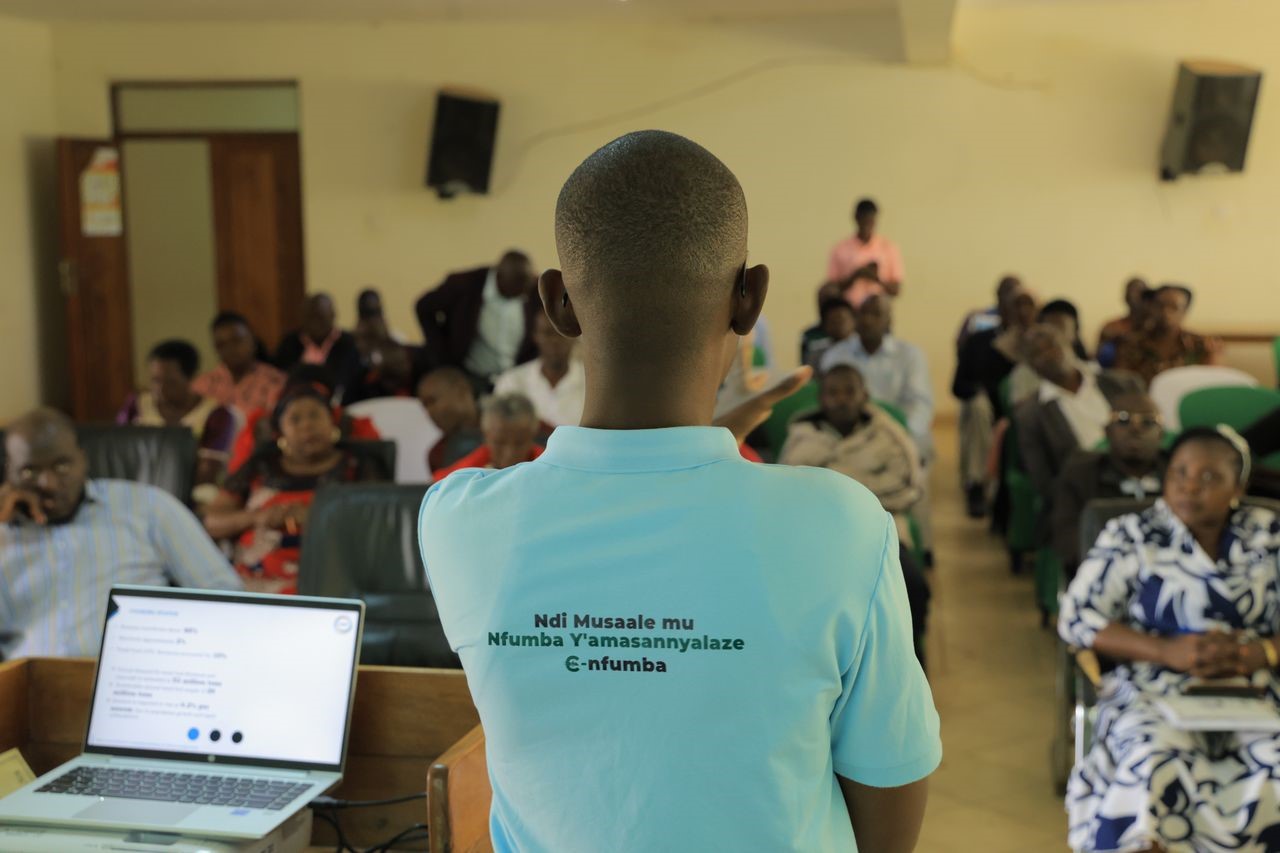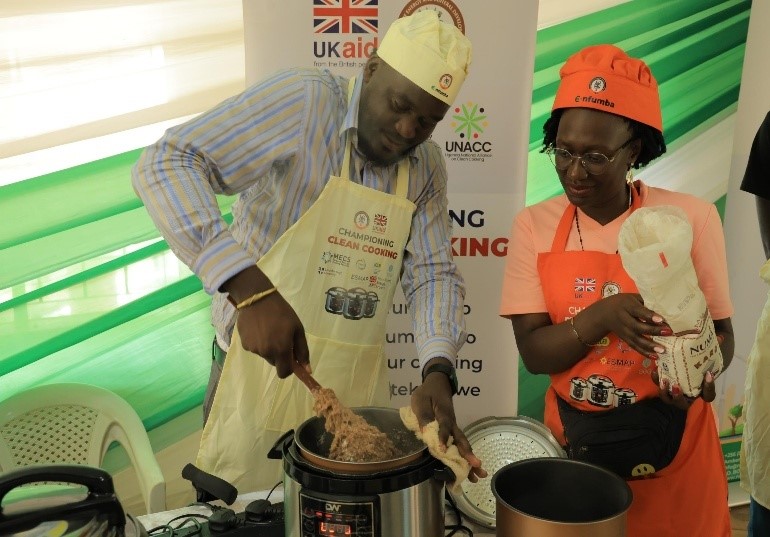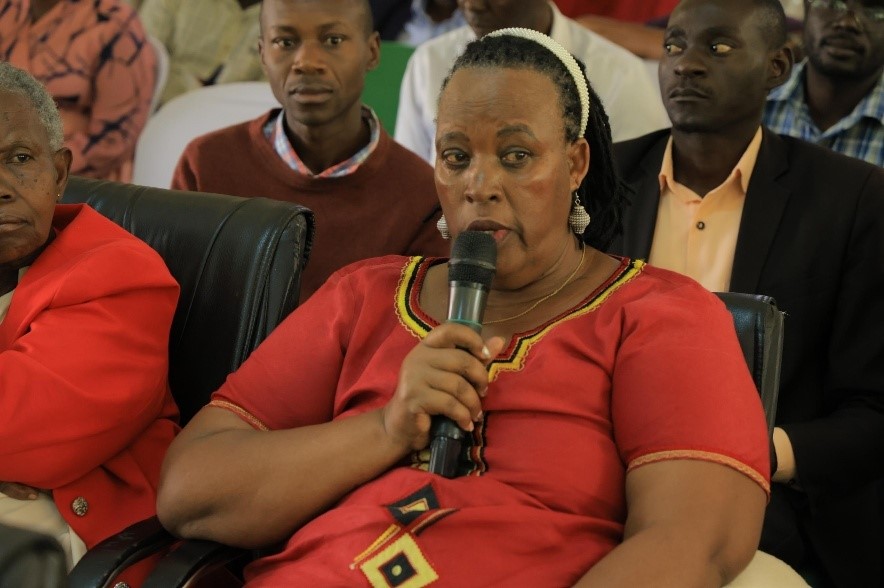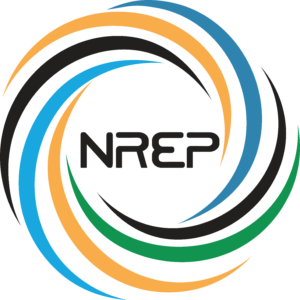On March 25th, 2025, the National Renewable Energy Platform (NREP) Uganda fore-fronted the clean cooking transition in Fort Portal at Kabalore district hall, in collaboration with the Ministry of Energy and Mineral Development as part of the Behavioral Change Communication for Electric Cooking (BCCeC) Project with funding from UK government through the Modern Cooking Services (MECs). This initiative aimed at engaging city leaders as clean cooking champions, raising awareness about the health risks of indoor air pollution, and promoting the adoption of modern cooking technologies. The event was honored by the presence of Mr. Arthur Hakiza, the Deputy CAO, Kabarole District Local Government, and the city speaker. The workshop emphasized the economic, health, and environmental benefits of transitioning to sustainable cooking solutions, aligning with Uganda’s broader efforts to achieve Sustainable Development Goals (SDGs) 7, 11, and 13.

Key Highlights & Observations
The workshop brought together over 101 local leaders, policymakers, and community representatives to discuss the urgent need for clean cooking solutions. The event involved open theoretical discussion and practical demonstrations to showcase the potential of electric cooking. The participants shared their experiences with traditional cooking methods and the challenges they faced. The major concerns, like indoor air pollution remain a silent but deadly issue affecting many households relying on traditional biomass fuels. Highlighted an incident where a Radio West employee died due to indoor air pollution.
The Uganda National Alliance on Clean Cooking (UNACC) team addressed the concerns by presenting a variety of clean cooking technologies, including electric pressure cookers and improved biomass stoves, which offer smokeless, safer, and more cost-effective alternatives. The session was interactive, with participants eager to test the appliances firsthand which was organized the team featuring Ahebwa Albert Araali, Speaker Fort Portal City Council, Brendah Ayebare, Fort Portal City North Division – Health Inspector, Tumwine Joshua, Deputy Speaker, Fort Portal North Division, and Faith Nyakairu, Councilor Fort Portal City who prepared traditional dishes like Kalo, dry beans, rice and beef in different EPCs respectively. The demonstration was completed as the meals were cooked well and in a short time, in a smoke-free environment. This led to a transformative perspective for most of the participants who were eager to adapt to this technology.
Participants underscored the need to prioritize clean cooking campaigns in hotels, restaurants, and schools, as harmful additives like aspirin are often used to speed up cooking.

Key Challenges & Lessons Learned
Despite the enthusiasm for clean cooking solutions, several challenges remain. Participants raised concerns about poverty, high upfront costs, and accessibility of modern cooking appliances, especially in lower-income communities. Additionally, the lack of consistent awareness campaigns has contributed to the slow adoption of cleaner cooking technologies. The discussions underscored the need for strategic interventions, including:
- Financial support mechanisms to make modern appliances affordable for all income levels.
- Strengthening partnerships with local governments to promote clean cooking through community programs.
- Conducting regular outreach campaigns to dispel misconceptions and encourage behavioral change.

Conclusion
The Fort Portal City workshop was a significant step towards promoting clean cooking technologies and tackling indoor air pollution. Involving city leaders and community representatives sets the foundation for a broader shift towards sustainable energy use. Moving forward, there will be continued efforts to expand awareness, improve access to clean cooking appliances, and collaborate with stakeholders to ensure long-term adoption of these solutions.



